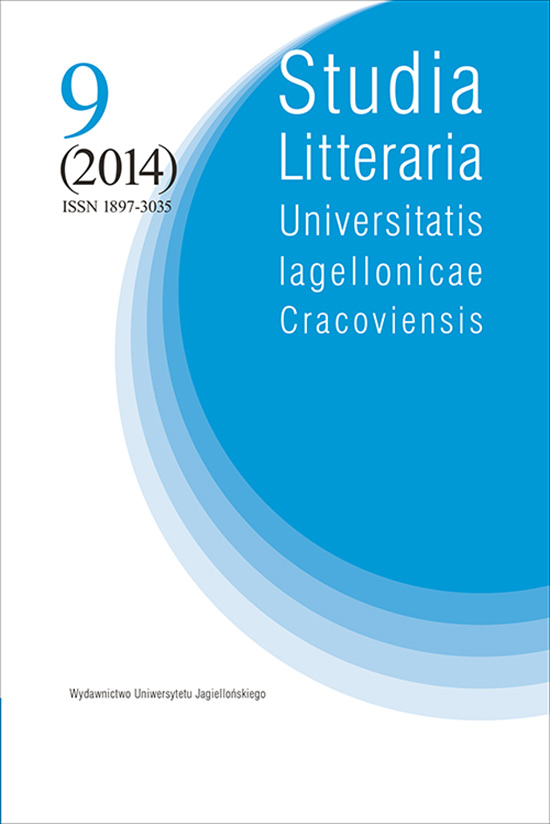Fascynacja i potępienie. Recepcja Ulissesa w Związku
Radzieckim w latach 20. i 30. XX wieku
Fascination and Condemnation. Reception of Ulisses in the Soviet Union in the 19s and 30s
Author(s): Michał MilczarekSubject(s): Language and Literature Studies, Studies of Literature
Published by: Wydawnictwo Uniwersytetu Jagiellońskiego
Keywords: Joyce; “Ulysses”; Soviet Union; Eisenstein
Summary/Abstract: This article discusses the reception of James Joyce’s novel Ulysses in the Soviet Union during the 1920s and 1930s. In the 1920s, the reception was limited to short press releases. The only exception was the film director Sergei Eisenstein, who drew an analogy between his own works and the method used in Ulysses, and placed great value on the works of Joyce. In the 1930s, the interpretation of Ulysses was subject to the requirements of the Soviet ideology, and the work itself was condemned. Joyce was accused of extreme formality and subjectivity. His work was regarded as one of reactionary and counter-revolutionary significance. Ulysses was called “a product of decay and degeneration of bourgeois consciousness”. However, despite this interpretation, some famous Soviet writers and scholars of that time (Pasternak, Akhmatova, Shklovsky, Bakhtin) knew Ulysses and read it with delight.
Journal: Studia Litteraria Universitatis Iagellonicae Cracoviensis
- Issue Year: 9/2014
- Issue No: 4
- Page Range: 265-273
- Page Count: 9
- Language: Polish

